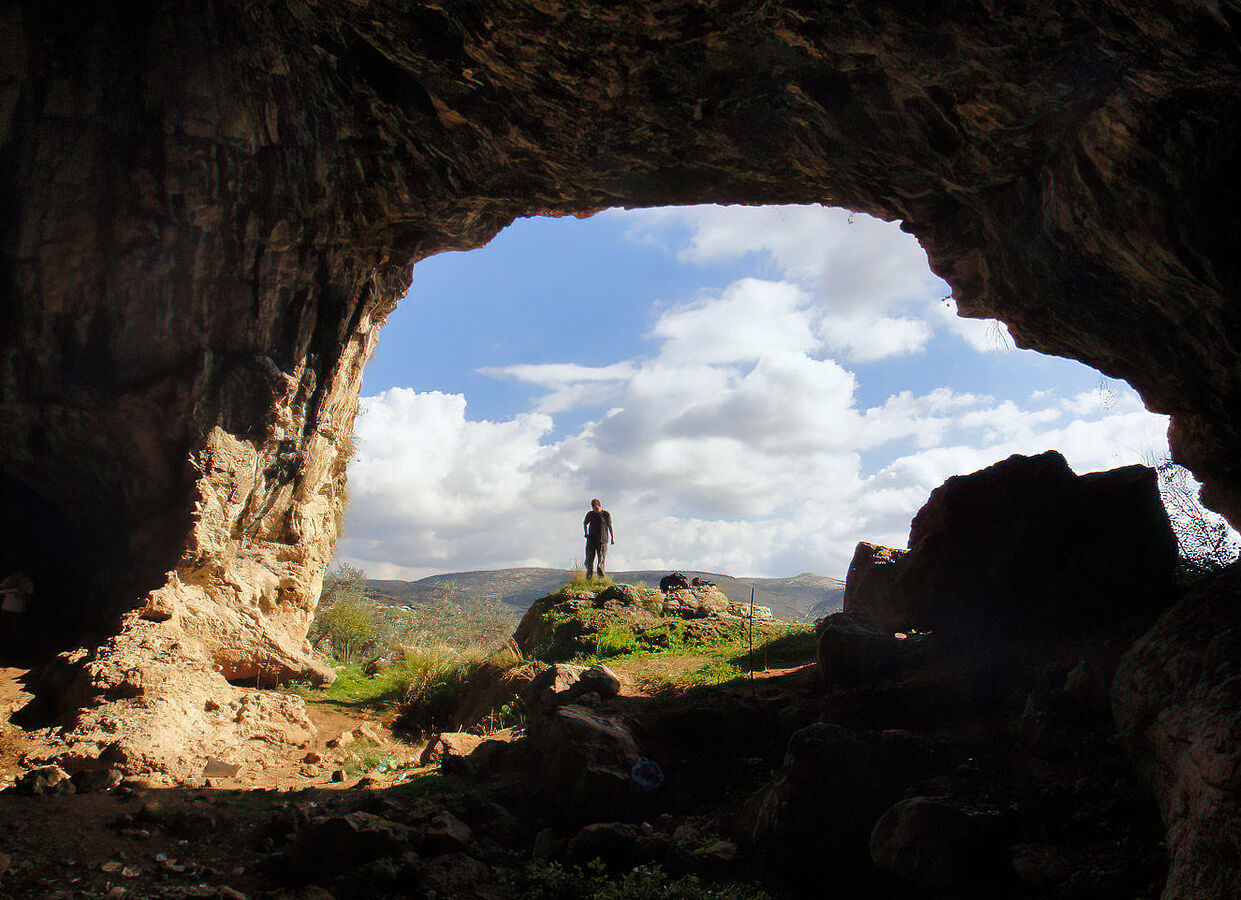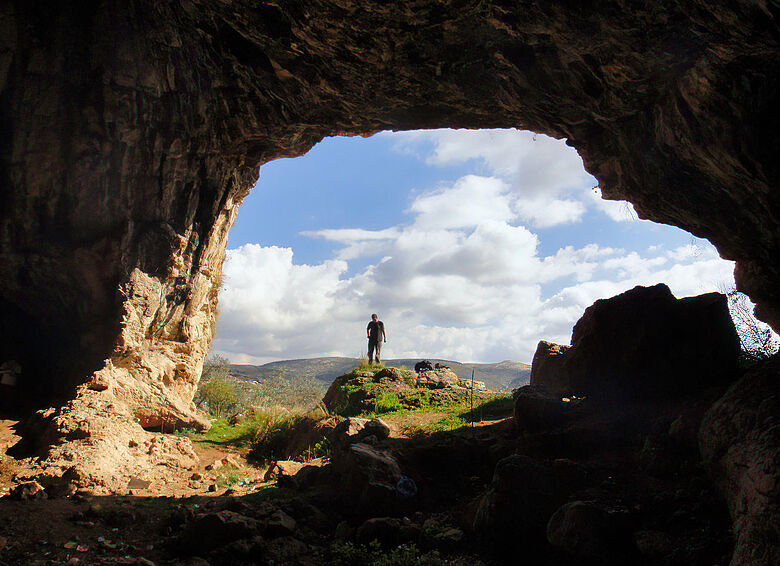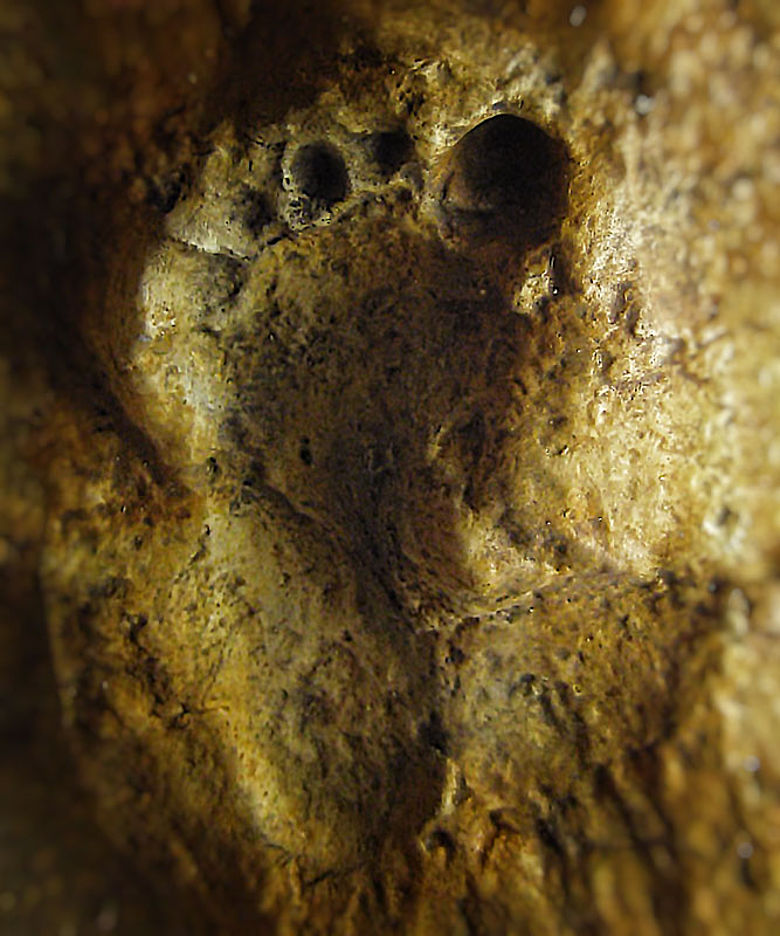Table of Content
The book is highly readable and an immense provocation. It must be read, whether or not you are particularly interested in mankind, its history, its evolution or its future. Among other "imagined realities that are not imagined because imagined by the author" , Harari keeps banging on the necessity for the global unification of humankind. I also love the concept, but so did John Lennon and so does a 10 y.o. "Imagine all the people sharing all the world" is not a sound foreign policy. Since the French Revolution, political history is a series of attempts to reconcile liberty--which involves individual freedom--and equality.

The book was first published in April 7th 2015 and the latest edition of the book was published in April 7th 2015 which eliminates all the known issues and printing errors. Simon vs. the Homo Sapiens Agenda PDF book by Becky Albertalli Read Online or Free Download in ePUB, PDF or MOBI eBooks. Published in April 7th 2015 the book become immediate popular and critical acclaim in young adult, contemporary books. Cerebral cortex is significantly developed than any other members of the primate family. Include gorillas, chimpanzees and orangutans.
Homo sapiens
Early modern humans were adapted to life in the tropics but by 40,000 years ago they occupied a range of environments across the continents of Africa, Europe, Asia and Australia. Within the last 20,000 years humans have also spread into the Americas. Today, our culture and technology allows us to live in most environments on our planet as well as some off our planet. Sapiens focuses on key processes that shaped humankind and the world around it, such as the advent of agriculture, the creation of money, the spread of religion and the rise of the nation state. Unlike other books of its kind, Sapiens takes a multi-disciplinary approach that bridges the gaps between history, biology, philosophy and economics in a way never done before.

Fossils of the earliest members of our species, archaic Homo sapiens, have all been found in Africa. Fossils of modern Homo sapiens have been found in Africa and in many other sites across much of the world. Sites older than 150k include Florisbad, Omo-Kibish, Ngaloba and Herto. Sites dating to about 100k include Klasies River Mouth, Border Cave, Skhul and Qafzeh. Sites younger than 40k include Dolni Vestonice, Cro-Magnon, Aurignac and Lake Mungo.
Books by Yuval Noah Harari
Human history is that of ecological disaster. Wherever we go, whatever we do, we fuck up the ecosystem and leave our mark of destruction. This is not a new phenomenon, it’s something Sapiens have always done. When we developed our massive brain, we came up with new and creative ways to dominate and control our environments and these were often destructive and to the detriment of all other forms of life. But the price was paid with the extinction of many other species. This is a hugely ambitious book; it takes a very broad approach, condensing huge topics into short chapters in an attempt to provide a basis for the development of our entire species.
I could not stop highlighting interesting passages to include in my review or to read later. Here are some of the ones that picked my interest. As he points out, empires and religions and money don't actually exist, but now they rule our lives.
Preview — Sapiens
It is hard to fathom that it was a moment of altruism. He was an intelligent man and must have felt that Christianity offered the best way to better control his people and unite them under one concept, instead of the host of gods that polytheism offered. Interestingly, Harari’s argument also establishes the anthropological foundations for literary post-modernism. The author doesn't treat you as ignorant at all - he doesn't assume you know nothing but assume you know a lot and understand a lot, and doesn't lecture about anything, and that attitude makes the book a pleasure to read. I believe I am relatively familiar with history in general, and I'm usually not very excited about reading more about it. Finally, I had a problem with the scope of Sapiens.
The treatment of animals in modern agriculture may turn out to be the worst crime in history. Empire is the most successful political system humans have invented, and our present era of anti-imperial sentiment is probably a short-lived aberration. Sapiens are ecological serial killers – even with stone-age tools, our ancestors wiped out half the planet’s large terrestrial mammals well before the advent of agriculture. Modern humans, or Homo sapiens, are the only living Homo species. Throughout the book, Harari doesn't demonstrate a real understanding of religion, aside from the formal and technical aspects of it. For example, in line with western mainstream pop thinking, to him Buddhism is the most interesting of all religions, because "it's the one focusing the most on happiness".
I want to say ‘objective’ but that’s probably not the right word. Harari discusses the agricultural revolution in some detail. He addresses the question why agriculture became important in the Middle East, Central America, and China, but did not become popular in Australia, Alaska, or South Africa. He explains that most plants and animals cannot be domesticated, and that regions where there is a deficit in domesticatable plants and animals did not develop agriculture. A huge part of why I found this book to be not as factual as I expected.

Harari surveys the history of humankind from the evolution of archaic human species in the Stone Age up to the twenty-first century, focusing on Homo sapiens. True, there were some drawbacks, Harari reluctantly agrees. Although some lucky souls made it longer, life expectancy averaged only 30 to 40 years.
This discovery led to farming and herding animals, activities that transformed Earth’s natural landscapes—first locally, then globally. As humans invested more time in producing food, they settled down. Villages became towns, and towns became cities. With more food available, the human population began to increase dramatically. Our species had been so successful that it has inadvertently created a turning point in the history of life on Earth.

By combining profound insights with a remarkably vivid language, Sapiens acquired cult status among diverse audiences, captivating teenagers as well as university professors, animal rights activists alongside government ministers. 23 million copies had been sold around the world and the book was translated into 65 languages. There are many different races of Homo sapiens, but all are able to interbreed. The physical differences among races are due to differences in climate and geography. For example, people who live in hot climates tend to be darker skinned than people who live in cool climates. Sapiens may not have had all the same features that modern H.

No comments:
Post a Comment